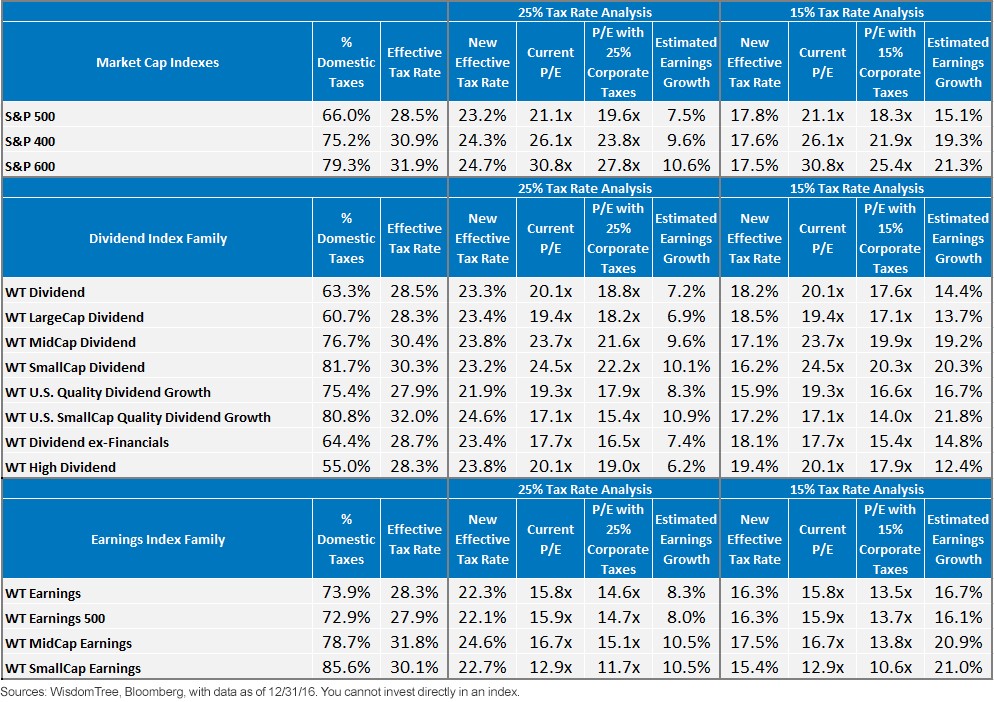
By Ed Rempel
Special to the Financial Independence Hub
Wouldn’t it be great if you could save a lot more for your future without affecting your day-to-day cash flow?
One of the main things people learn when they first have a retirement plan done is that you need to invest more than you thought to have the future that you want. But with all the day-to-day expenses, it can be difficult to find the money to contribute as much as you would like to your RRSP.
The RRSP gross-up strategy is a simple strategy that can make a huge difference for you. It can enable you to easily contribute 40 to 70% more to your RRSP.
The strategy works if you already expect a tax refund. If you contribute monthly to your RRSP or have various tax deductions or credits, you probably expect a tax refund.
It is smart to gross-up every RRSP contribution you make.
You have three options with your tax refund:
- Spend it.
- Invest it.
- RRSP gross-up strategy.
Here is how the RRSP gross-up strategy works. Continue Reading…




